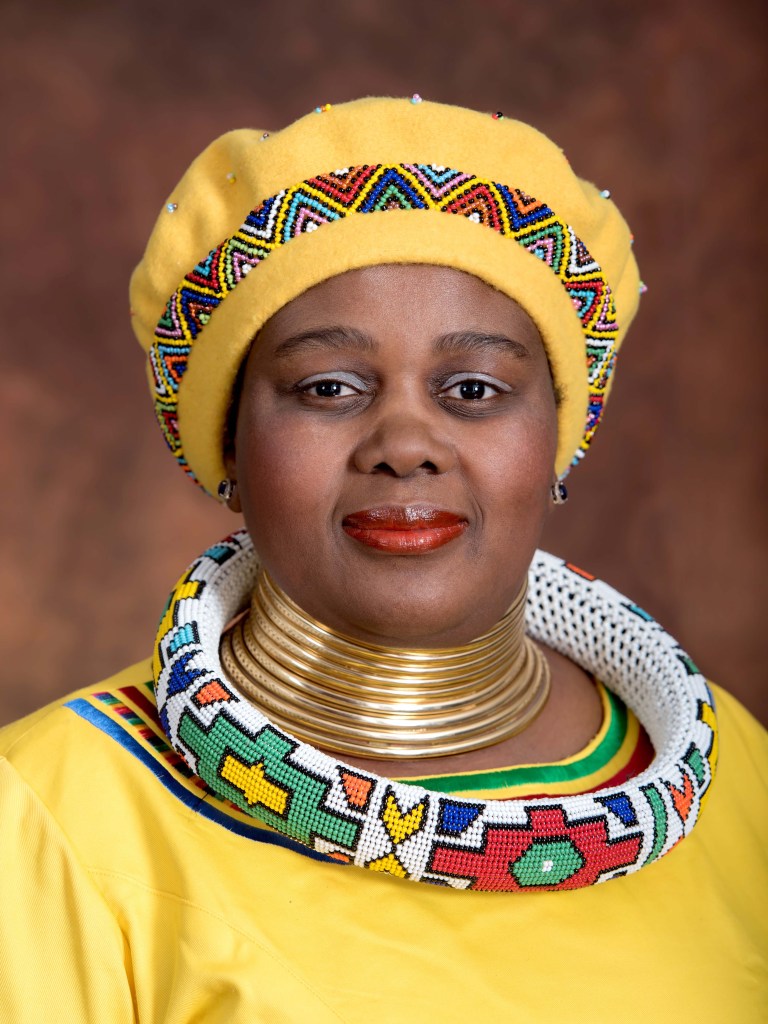Media Releases
The South African government has launched a R37.5 million biorefinery facility in Durban, which is set to extract maximum value from biomass waste. The facility, which is a first for South Africa, will support innovation in a range of industries, including forestry, agro processing and other biomass-based industries.
The Minister of Science and Technology, Ms Mmamoloko Kubayi-Ngubane, launched the Biorefinery Industry Development Facility (BIDF) at the Council for Scientific and Industrial Research (CSIR) campus in Durban today, 20 March 2018.
Young scientists are using 3D printing technologies to enthuse the next generation of engineers at the National Science Festival, also known as Scifest, currently underway in Grahamstown, Eastern Cape. Scifest is an annual science festival aimed at stimulating the public’s awareness, understanding and appreciation of science, technology, engineering, mathematics and innovation. This year the theme of the festival is “Innovation 4.0”, which alludes to the Fourth Industrial Revolution, which speaks to technological advancement and transformation.
 The Council for Scientific and Industrial Research (CSIR) welcomes the appointment of Ms Mamoloko Kubayi-Ngubane as the new Minister of Science and Technology.
The Council for Scientific and Industrial Research (CSIR) welcomes the appointment of Ms Mamoloko Kubayi-Ngubane as the new Minister of Science and Technology.
The second edition of an atlas showing South Africa’s vulnerability to climate change has been launched in Johannesburg, to help the country’s economic and social sectors take informed decisions to avoid risks related to climate change. Developed by the Council for Scientific and Industrial Research (CSIR), an entity of the Department of Science and Technology (DST), the South African Risk and Vulnerability Atlas (SARVA) disseminates spatial and non-spatial data that describes, assesses and evaluates the risks and vulnerabilities facing the country due to climate change.
The Council for Scientific and Industrial Research (CSIR) presented its research findings on laser-based HIV diagnostics at the world’s largest photonics conference in California, San Franciso.
The Council for Scientific and Industrial Research (CSIR) showcases some of the latest technologies to improve safety in the mining sector.
These innovative technologies will be displayed at the Mining Indaba taking place in Cape Town from Monday, 5 to Thursday, 8 February 2018.
The Inaccessibility of some areas underground makes it difficult and dangerous for inspections after blasting. The CSIR developed a robot platform equipped with safety inspection sensors to enter mines during safety periods. Known as “Monster”, the robot aims to assess and identify risk for underground mines.
South Africa's mines remain one of the most hazardous working environments in the country, with seismic activity and rock bursts resulting in injuries and fatalities (73 in 2016).
Growing up in a community with a lack of resources to stimulate learning, and being surrounded by poverty, substance abuse, and high numbers of child-headed families, is a dream killer for most youngsters. These are some of the factors that always push a group of young people into the world of crime. However, Charles Maphanga, a young researcher at the Council for Scientific and Industrial Research (CSIR), did not allow similar conditions in Ga-Mampuru village, Limpopo, to stop him from dreaming big.
South African students from different universities will represent the country at the International Student Cluster Competition hosted at the 2018 International Supercomputing Conference in Germany. The students came first at a national competition which took place during the annual Centre for High Performance Computing (CHPC) conference in Pretoria last week.
Watch the interview here.[YouTube]

